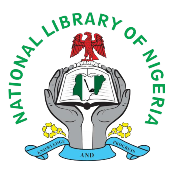NLN Board
The Board is the highest decision making body in the National Library of Nigeria and the membership is appointed by the Federal Government through the Honourable Minister of Education and subject to the approval of the President and Commander-in-Chief of the armed forces.
Board Background and History
The Board is the highest decision making body in the National Library of Nigeria
The
foundation for the existence of National Library was laid with the enactment of
National Library Act of 1964 by the first Republic Legislature which actually
took effect in 1966 following the inauguration of the first Board. This
law provided for the constitution of the governing Board and placed it in the
category of corporations under the Nigerian Law.
The
original Act was amended and further strengthened by Decree No. 29 of 1970
which introduced the establishment of branches in each capital of the
Federation. It also expanded the membership of the Board members to
seventeen (17) and more importantly, made positive provision for National
Library to serve as the depository of all published works, books, magazines,
Newspaper, Films, and records for permanent preservation to make the library
the giant memory and store house of knowledge for the nation.
By
another decree, National Library Board (Amendment) Decree No 26 of 1976, the
1970 Act was further amended to make provision for representation of each of
the existing nineteen (19) states on the Board. The second decree of
1987 pruned down the membership of the Board to a more manageable proportion of
twelve (12) constituting the states into six (6) geo-political zones among the
states in each zone. It also made allowances for the representation
of interest groups such as Nigerian Library Association (NLA), the Permanent
Secretary, Federal Ministry of Education, the Armed Forces of Nigeria and a
representative of the Association of University Librarians of Nigerian
Universities (AULNU).
FUNCTIONS OF THE BOARD
OF THE NATIONAL LIBRARY OF NIGERIA
The major functions of the Board as
provided by the enabling law include:
1. To establish and
maintain National Library of Nigeria which will serve as the giant memory of
the nation, its intellectual storehouse and data bank for its learning and
remembering process.
2. To provide such
services as in the opinion of the Board are usually by National Libraries of
the highest standing.
3. For the purpose of
carrying out the general functions imposed on the Board by subsection (1)
above, it shall be the duty of the board, so far as its permits, to:-
(a) assemble, maintain and
extend a collection of books, periodicals, pamphlets, newspapers, maps,
musicals scores, films and recordings and such other matters as the Board
considers appropriate for a library of the highest standing.
(b) establish and maintain a
branch of National Library of Nigeria in each States of the Federation.
(c) make the facilities
of the National Library available to members of the public and others on proper
terms, which may include provision for:
i) the imposition of a scale of fees,
subject to the approval of the Honourable Minister, for services rendered to
the public;
ii) safeguarding the property
of the board; and
iii) specifying the categories of
persons who may be admitted to premises under the control of the Board.
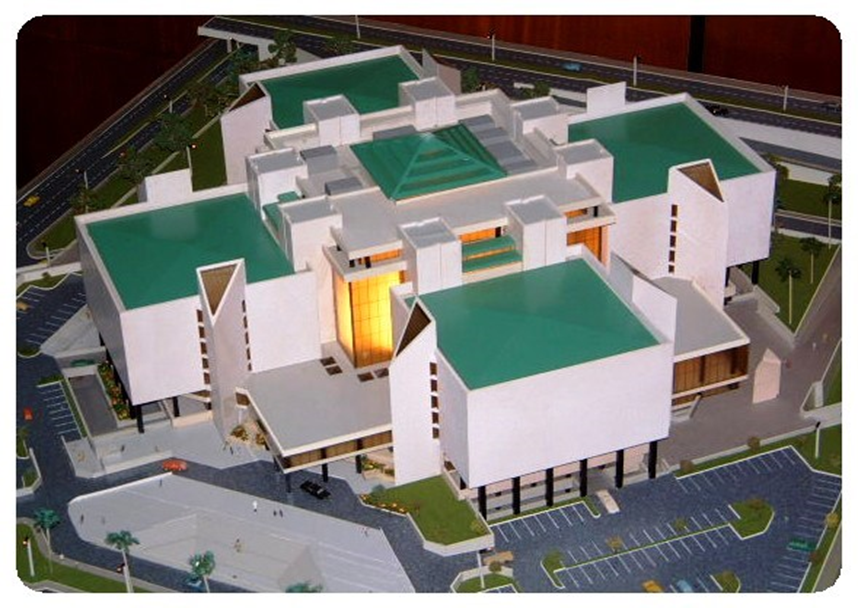
(d) To make such arrangements
as the Board considers appropriate with respect to the:
i) exchange of matters
included in the collection aforesaid
ii) preparation and
publication of catalogues, indexes and similar aids
iii) provision of assistance to other
persons in the organization libraries and with respect to the manner of using
facilities under the control of libraries.
(e) To make recommendations
and give advice on library development or organization to any department or
agency of government of the federal or state or to any local government
authority.
(f) To be responsible
for the development of the National Bibliography of the Nigeria and National
Bibliographical services, either in a National Bibliographical center or
elsewhere.
(g) The Board shall have such
powers as may be necessary or desirable for the proper exercise of its function
and in particular, without prejudice to the generality of the foregoing, the
Board may:
i) Sue and be sued in its
corporate;
ii) acquire, hold and dispose of movable
and immovable property. In general, and in particular;
iii) do anything for the purpose of
advancing the skill of persons employed by the Board or the efficiency of the
equipment of the Board or of the manner in which that equipment is operated
(including the provision by the Board, and the assistance of the provision by
the facilities for training, education and research);
iv) provide Houses, Hostels and other
like accommodation for persons employed by the Board;
v) make loans to any
person employed by the Board for the purpose of building a House, purchase a
plot of Land on which a House for such a person may be built or purchase a
House for the residential use of any person or his Family; and
vi) otherwise promote the
welfare of persons employed by the Board.
4. Subject to this Act,
the Honourable Minister may give the Board direction of a general character or
relating generally to particular matters (but not to any individual person or
case) with regard to the exercise by the Board of its functions and powers, and
it shall be the duty of the Board to comply with the directives.
1st Board - 1965 to 1967

Mr. Philip M. Rappaport

Malam Zuru Ladan
2nd Board - 1971 to 1973

Dr. E. A. Adeleye
Mr. Alabi O. Masha
Mrs. F. A. Ogunseye
Mr. J. A. Abiona
Mr. J.O. A. James
Mrs. M.E. Page
Mr. Brown-Peterside
Mr. Bello Maiwurno
Dr. Obara Ikime
Mr. Gbole N. Nwikina
Mr. E.S. Yusufu
Mr. A.B. Osagie
Chief J.M. Echerao
Mr. P.U. Umoh
Mr. Ahmadu Waziri
Mr. U.S.H. Maigida
Mr. A.O. Odeleye
Mr. S. B. Aje
12th Board - March 2018 to Sept. 2022
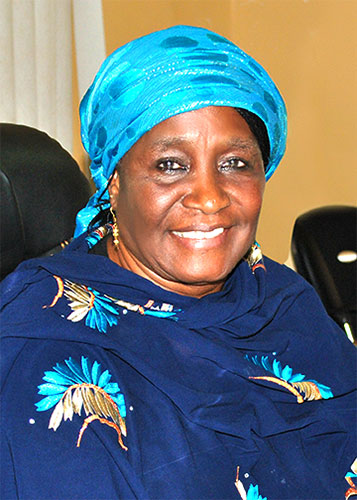
Prof Zaynab Alkali
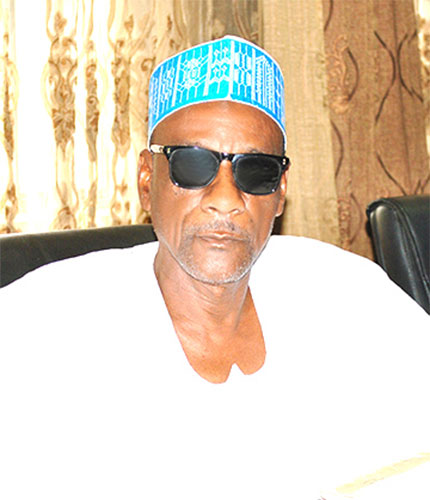
Alh.Sanusi Abdullahi Nassarawa
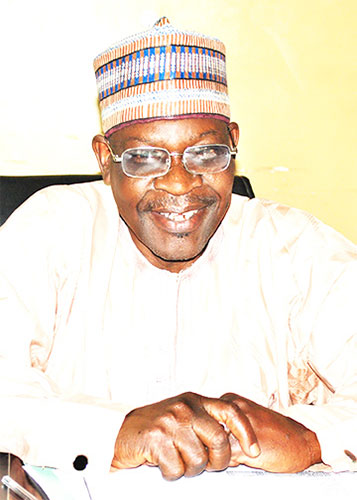
Alh. Umar Inuwa

Abdulraham Shuaibu Abubakar
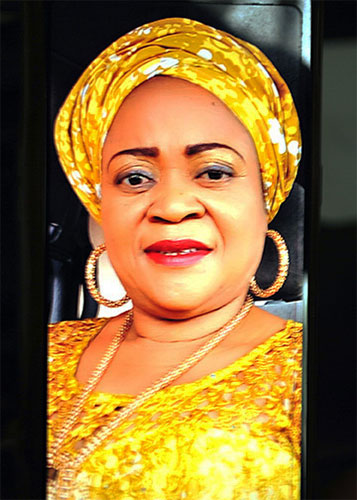
Barrister Princess Tonia Adal Amma
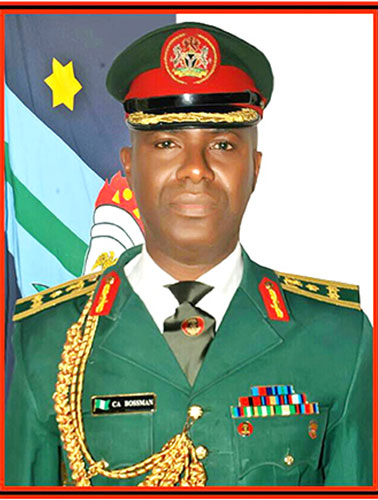
Brigadier General C.A. Bossman
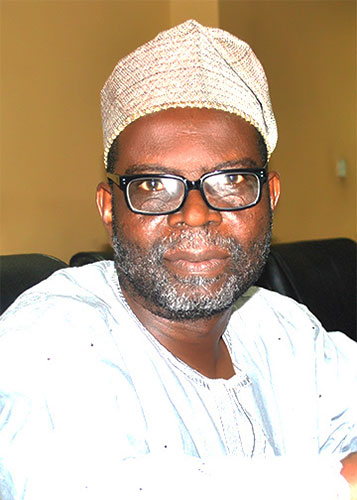
Dr Okanlawon O Adediji

Dr Umunna N Opara
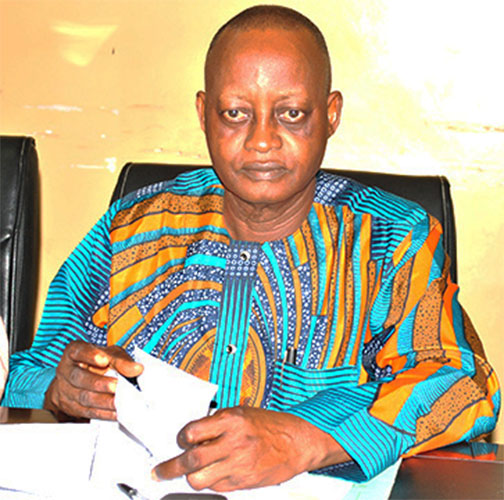
Mr. Umoh O.-Udo
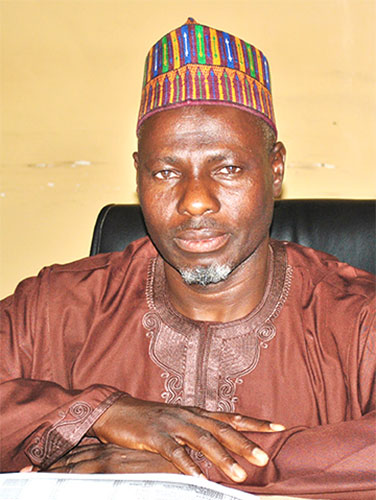
Alh. Abubakar S. Shamaki
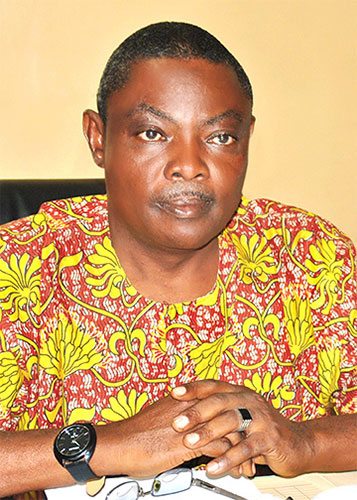
Barrister Aminu O. Ogaji
3rd Board - 1960 to 1980
Professor O.C. Uwana
Dr. O. Omoruyi
Dr. O. Uya
Mr. E. Nwokoye
Mr. A. I. Angreke
Mr. F. O. B. Obayan
Mallam A. N. Ningi
Mr. J.A.O. Faseyi
Prof. A. Nwojobi
Mr. Bayo - Aluko- Olokun
Col. C. B. Ndioma
Mr. J. O. Direolu
Mallam Ibrahim Marafa
Alhaji M. Mayo
Mr. Idris Sulaiman
Mr. J. Wale Amondi
Mr. J. O. Adeobesan
Dr. S.F. Amakiri
Mr. A. I. Amgereke
Mr. S. B. Aje
Mrs. G. O. Titiloye
Mr. R. E. Erunse
Mr. J. A. Kolawole
Mr. R. A. Areje
Mr. J. O. Dipeolu
4th Board - 1979 to 1989
Alhaji M.Y. Mohammed
Alhaji S. Dalhatu
Alhaji E. Enabi
Mr. J.O. Popoola
Mr. K. Yisa Odulaja
Mr. V.A. Williams
Mrs. R. Johnson
Mrs. W.O. Onyeonwu
Alhaji U. Alkaleri
Alhaji I. Dikko
Lt. Col. S.A. Afolalu
Prince D. I. Akenzua
Chief I. A. Iyang
Mrs. G. O. Titiloye
Mr. O.O. Ogundipe
Mrs. T.A. Ajumobi
Mr. O. Onuoogu
Dr. S.T.E. Dan-Jumbo
Mr. S.C. Nwoye
Mazi K.C. Okorie
Mr. A.A. Ani
Mr. S. B. Aje
Dr. N.P. Weddow
Mr. B.O. Ifediba
6th Board - May 1989 to December 1991
Mr. F.Z. Gana
Mr. U.I. Gital
Mr. N.O. Ita
Prof. B.O. Ukeje
Mr. Muhammed Sulaiman
Mr. J.A. Achema
Mrs. A.O. Ike
Lt. Col. D.O. Junape
Dr. E.I. Enwemuwa
Alhaji Muhammadu Jibo (MFR)
Hasiya Hassa Iro Inko
Mrs. A.A. Kafaru
Mr. D.C.U. Okoro (FME)
Mr. E.O. Olumurin
Mallam Habib Abba Jato
Mr. N.J. Ndoeyop
Mrs. Folake Thanni
Alhaji Muazu H. Wali
Mr. S.A. Ayagere
7th Board - January 1992 to August 1999
Mr. F.Z. Gana
Mrs. Folake Thanni
Mrs. W.A. Adegoke
Dr. D.C.U. Okoro (FME)
Dr. Hamidu Alkali
Prof. Nduka Okoh
Dr. J.C. Fasanya
Mr. N.J. Ndoeyop
Mr. George B. Alfa
Mallam Habib Abba Jato
Mr. E.O. Olumurin
Prof. Afolabi Olabimtan
Mrs. M.T.F. Sojinrin
Dr. Peter Sarki
Alhaji Saminu Kubau
Alhaji Muazu H. Wali
Mr. R.H. Mangut
8th Board - January 2001 to 2005
Princess Tejumade Alakija
Hon. Akinfolarin Samuel
Mrs. Janet Ngene
Alhaji Nasiru G. Kalambaina
Mrs. Malaram Mohammed
Hon. Rabiu Ishaq
Mrs. Josephine Okereke
Dr. J.O. Daniel
Dr. Lazarus Sani
Mrs. A.K. Shyllon (FME)
Chief J. Ade Ademuagun
Mr. Kingsley Agbakakha
Mr. Biodun Arikanbi
Mrs. O.O. Omolayole
Mr. R.T. Ndaeji
9th Board - November 2005 to 2009
Alhaji Abdullahi Abubakar Argungu
Hon. Sabiu Hassan Makera
Mrs. Harriba H. Pepple
Dr. Garba Magaji
Mr. Daudu Gabriel
Prince Oyetunde Oyebanji
Rev. I.C. Uwanaka
Mr. M.O. Afolabi
Ms. Victoria Okojie
Dr. (Mrs.) Rasasind A. Ukpong
Alhaji H.A. Tambuwal
Dr. L.N. Ikpaahindi
Barr. Aminu Ogaji
10th Board - 2009 to 2011
Alhaji (Dr.) Zannah Mustapha
(Chief) Mrs. Tessy Azuike
Alhaja Atinuke Oyawoye
Mrs. Julliet Chukkas Onaeko
Chief Godwin Udo Ameh
Alhaji Danladi Abdullahi Kwari
Alhaji (Dr.) Yusuf C. Kutama
Hon. Sani Almu Isah
Ms. Victoria Okojie
Mokwa Bawa Hadiza (Mrs.)
Prof. Olu Olat-Lawal
Prof. Lenrie Aina
Mr. A.T. Agboola
Mr. A.T. Salami
Alhaji Nassarawa
Dr. L.N. Ikpaahindi
Barr. Aminu Ogaji
11th Board
Alhaji Abdullahi Haruna Ningi
Inye Marshall Harry Jnr.
Mr. Kalabari Odimiri
Madaki Hussaini Abdullahi
Obafemi Oye
Salisu Suleiman
Hon. Tijani Kumalia
Usman Idris Mawogi
Hon. (Mrs.) Tinuke Akinwale
Chief Innocent Anoliefo
Prof. (Mrs.) Felicia Etim
Mr. Obi Michael
Alhaji Rilwanu Abdulsalami (NLA)
Col. M.M. Bunza (Rep. Army)
Prof. I. Ekoja (Rep. of CULNU)
Mr. L.B. Ogundana (Rep. of Perm. Sec)
Mallam Habib Abba Jato
Barr. Aminu Ogaji
